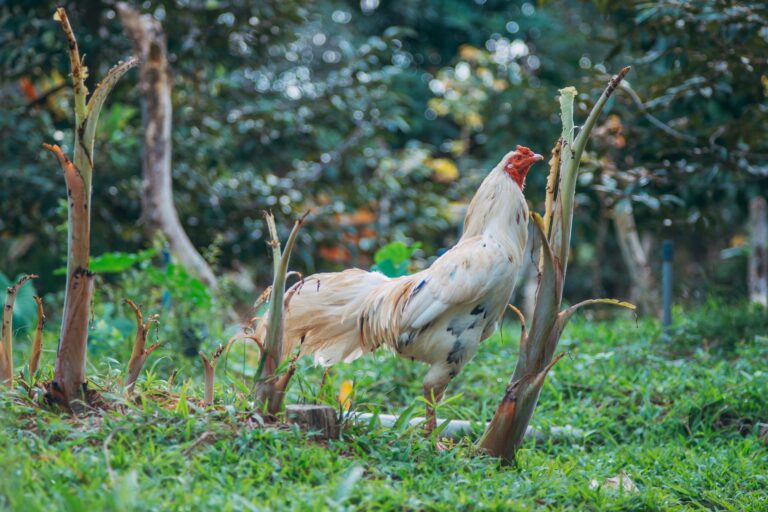What is the legal status of cockfighting in Indonesia?
Cockfighting, known locally as Sabung Ayam, is technically illegal in Indonesia. However, the practice is still widespread and culturally ingrained in many parts of the country. The legal status of cockfighting in Indonesia is complex, as it is both an ancient tradition and a prohibited activity under the national gambling laws.
Overview of cockfighting in Indonesia
Cockfighting is a centuries-old tradition in Indonesia, with roots in Hinduism and animism. It has evolved into a popular form of entertainment and gambling, particularly in rural areas and Bali. Cockfights typically involve two roosters fighting each other in a small ring until one is either killed or unable to continue. Some key aspects of cockfighting in Indonesia include:
- Participants often breed and train roosters specifically for fighting, with specialized diets and exercise regimes.
- Cockfighting is typically accompanied by betting, which is also illegal in Indonesia.
- Many local communities hold cockfights as part of religious ceremonies or cultural festivals, where the blood spilled is believed to have purifying properties.
- Despite its illegality, cockfighting remains a popular and lucrative underground industry in Indonesia.
What is cockfighting called in Indonesia?
In Indonesia, cockfighting is commonly referred to as Sabung Ayam. The term Sabung means fight or combat, while Ayam means chicken or rooster. Together, they describe the traditional practice of roosters fighting each other in a ring.
What are the laws, penalties, and law enforcement in Indonesia regarding cockfighting?
Cockfighting is illegal under Indonesian law, primarily due to its association with gambling. The laws and penalties regarding cockfighting in Indonesia include:
- Article 303 of the Indonesian Criminal Code prohibits gambling, which includes cockfighting and the associated betting.
- Violators can face fines and imprisonment, with potential sentences ranging from a few months to several years.
- Law enforcement agencies are responsible for cracking down on illegal cockfighting rings, though enforcement varies across the country.
- Despite the illegality of cockfighting, law enforcement efforts are often hampered by local cultural acceptance and corruption.
How do government laws and links in Indonesia impact cockfighting?
The Indonesian government’s stance on cockfighting has a significant impact on the practice and its associated industry. Some key effects of government laws and links on cockfighting in Indonesia include:
- The illegality of cockfighting has driven the practice underground, leading to the development of a large and lucrative black market.
- Corruption and lack of enforcement in some areas allow cockfighting to continue relatively openly, with local officials often turning a blind eye to the activity.
- Efforts to crack down on cockfighting and gambling have led to occasional raids and arrests, but the practice persists due to its cultural significance and popularity.
- The Indonesian government’s ongoing struggle to balance cultural preservation with law enforcement has resulted in a complex and often contradictory legal landscape surrounding cockfighting.
In conclusion, cockfighting in Indonesia remains a controversial and complex issue, with the practice deeply ingrained in the country’s culture despite its illegality. Efforts to enforce the ban on cockfighting have been met with varying levels of success, and the debate surrounding the tradition is likely to continue for the foreseeable future.
